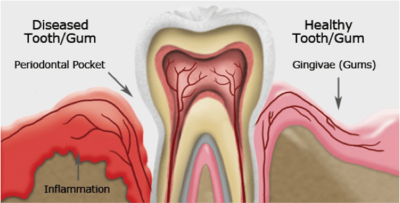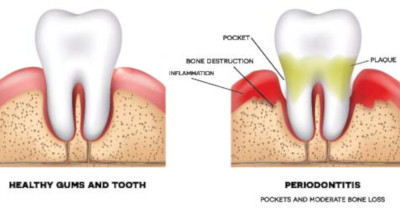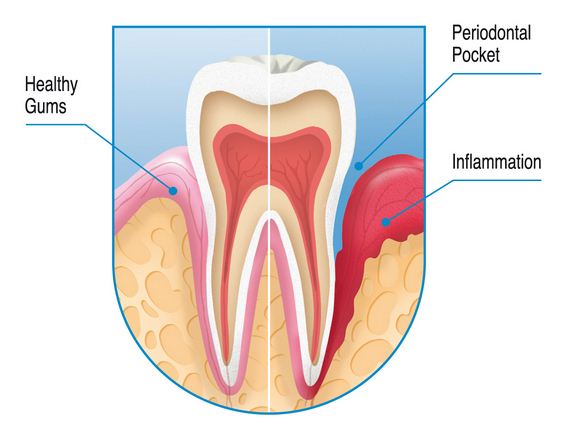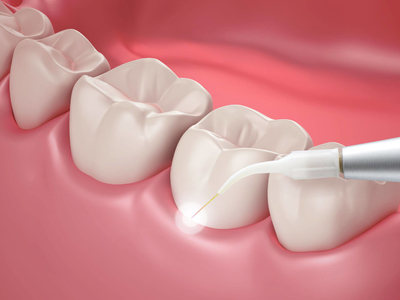Gum Disease and Old Age

We all are familiar with gum disease. Almost everyone experiences gum disease during their lifetime. Though gum disease is more prevalent in older, this isn’t simply an inescapable part of aging. There are several things that you can do to avoid and treat gum illness. Understanding gum disease and taking the right safety measures will go a long way toward shielding your health.
Gum Disease: What Is It?

Gum illness is a contamination of the tissues that hold your teeth in place. As plaque gets accumulated at the base of the tooth, it can start to grow under the gum line. In due course of time, the neglected gum illness can lead to permanent harm to the gum tissue and may even result in tooth loss.
Two Primary Types of Gum Disease: Dentist Burbank
Gingivitis — is milder
You may have gingivitis without any uneasiness or perceptible symptoms. Hence, it’s important to see your dentist on a regular basis. You may not perceive the symptoms of gum disease, the dentists, however, can easily detect them.
Periodontitis is a more serious form of gum disease that may develop when gingivitis is left ignored.
Factors That Increase Your Risk of Developing Gum Disease

- Diabetes
- Hormonal changes in women
- Genetics
- Medications that cut saliva production
- Symptoms of Gum Disease
- Swollen or red gums
- Age
- Pain when chewing
- Bad breath
- Bleeding gums, particularly when you brush
- Loose teeth
- Sensitive teeth
- A receding gumline
The Dangers of Gum Disease for Seniors

Gum infection if left untreated can cause bone loss around the teeth. Consequently, gum disease is the principal cause of tooth loss. Seniors who have lost some or all of their teeth may face countless struggles. Though there are several options, for example, implants and dentures, to help you compensate for lost teeth, these are generally expensive and painful procedures. The best means to hold your ability to eat, talk, and smile easily is to take good care of your teeth.
Gum disease too is interrelated to many other health complications. The bacteria in your mouth can travel to other parts of the body if you have a weak immune system. This may add to the risk of heart disease or stroke. In some cases, contamination of the tooth can cause an infection of the heart’s lining. In case, you have diabetes, gum disease can make this state worse.
Reduce Your Chances of Getting Gum Disease

Discuss with your dentist a good technique to follow when brushing. The method and uniformity of your brushing are vital to your oral health. One way to cut your chances of having gum disease is to brush your teeth at a 45-degree angle to your gums. You should brush in short, circular movements.
Visit your dentist at least twice a year. Regular check-ups and cleaning appointments are exceedingly essential. You may have to visit your dentist every three to four months for a cleaning; if you already have gingivitis. Proper cleanings and check-ups let your dentist systematically clean the plaque and tartar from your teeth. This subsequently, decreases your chances of having gum illness.
Floss your teeth every day to clean the gaps in between your teeth as plaque can easily get trapped in between your teeth. This can cause oral health concerns like gum disease. If you have a problem with flossing, let your dentist know. They would be able to suggest alternatives for you.
Burbank Gum Disease
Have any questions or concerns about gum disease? Visit us at MyDentistBurbank and contact Dr. Sahakyan, your Dentist in Burbank, at 8185782332.


